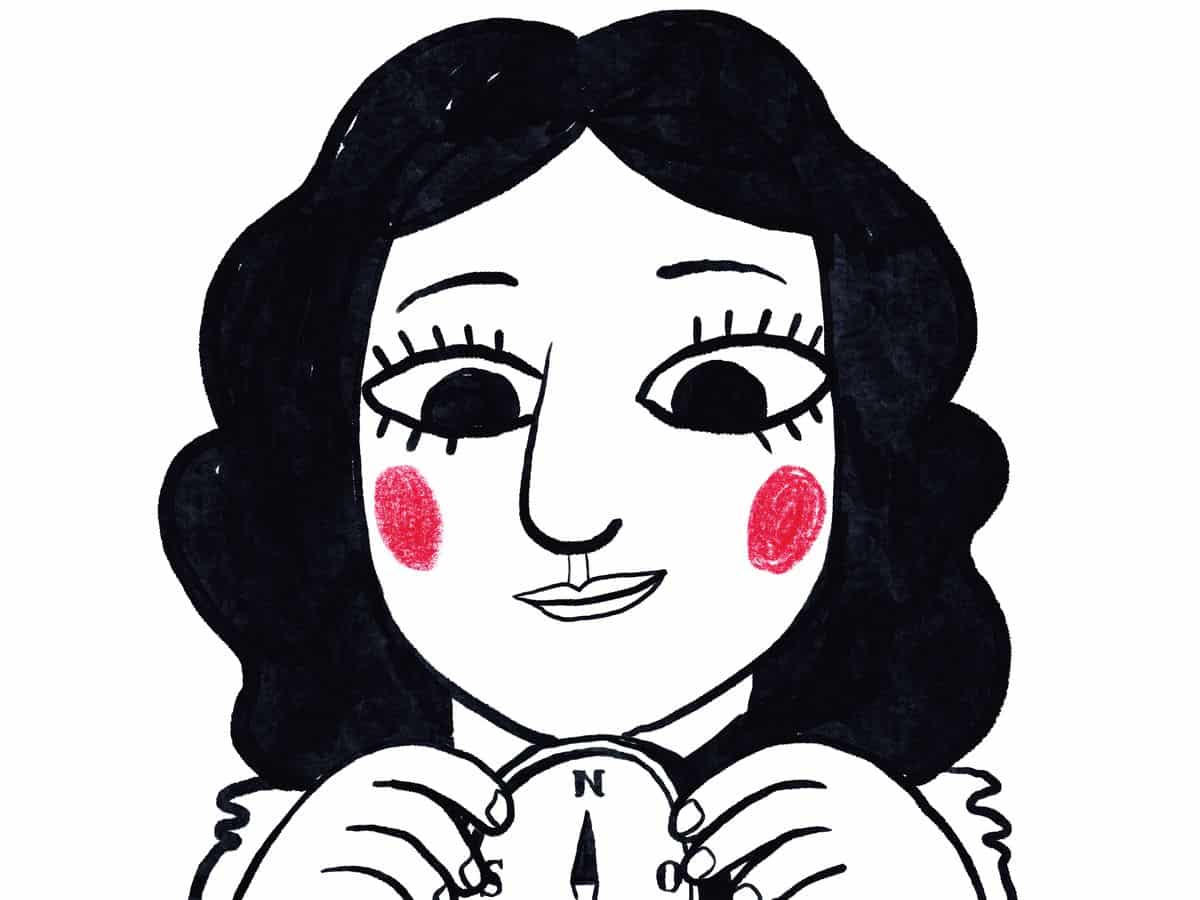If Albert Einstein had been born a woman, would his achievements be known in the same way? Would she study in schools? It may be that both the merit of Einstein and other scientists, such as Alexander Fleming or Erwin Schrödinger (among many others), would have gone to other research colleagues or even their husbands, and that not even their surnames would be known today. This is what is known as the Matilda Effect, a phenomenon that points out the prejudices and injustices that are occurring among women scientists by not recognizing their progress and achievements in this field. The American activist Matilda Joslyn Gage denounced it for the first time in the 19th century. Precisely, from her claim two centuries ago, the #NoMoreMatildas movement arises today, which, initiated by the Association of Women Researchers and Technologists (AMIT) and supported by writers, scientists, institutions and the media, aims to denounce a phenomenon that deprives the society of female referents in science.
@NoMoreMatildas
#NoMoreMatildas: Scientists in the Textbooks
The objective of this initiative, which has the support of the Office of the European Parliament in Spain, is to publicize the Matilda Effect and demand a greater presence of female scientists in textbooks. And it is that, according to the study ‘The women that we lack. Analysis of the absence of women in school textbooks’, by the teacher Ana López-Navajas, only 7.6% of female references appear in secondary school textbooks; while the percentage of women researchers worldwide does not exceed 30%, according to UNESCO. To do this, the movement has created different materials for the books of Primary, Secondary and Baccalaureate students. One of them is an annex with information from some of the most important women scientists in the world, such as Rosalind Franklin, who with her ‘photograph 51’ revealed the structure of DNA; the paleontologist Mary Anning, who identified the first ichthyosaur skeleton, or the geologist Inge Lehmann, who, thanks to her research, discovered that the Earth was not ‘hollow’ inside, among many other experts. Also, #NoMoreMatildas aims for students to imagine the life of Einstein, Fleming and Schrödinger if they had been born women through imaginary biographies in the form of illustrated stories. With prologues by the journalist Carme Chaparro, the writer Ángeles Caso and the professor of Inorganic Chemistry and president of AMIT in Andalusia Adela Muñoz, they can be downloaded for free at this link.
@NoMoreMatildas
A benchmark for students
With this project, AMIT believes that the appearance of women scientists in textbooks can serve as a reference and encouragement to awaken a scientific vocation in female students, in addition to counteracting stereotypes around science-related disciplines. In turn, #NoMoreMatildas joins other initiatives such as the International Day of Women and Girls in Science, promoted by UNESCO and celebrated every February 11, as a reminder for both women and students about the fundamental role they play in the science and technology communities, strengthening their participation as much as possible.


